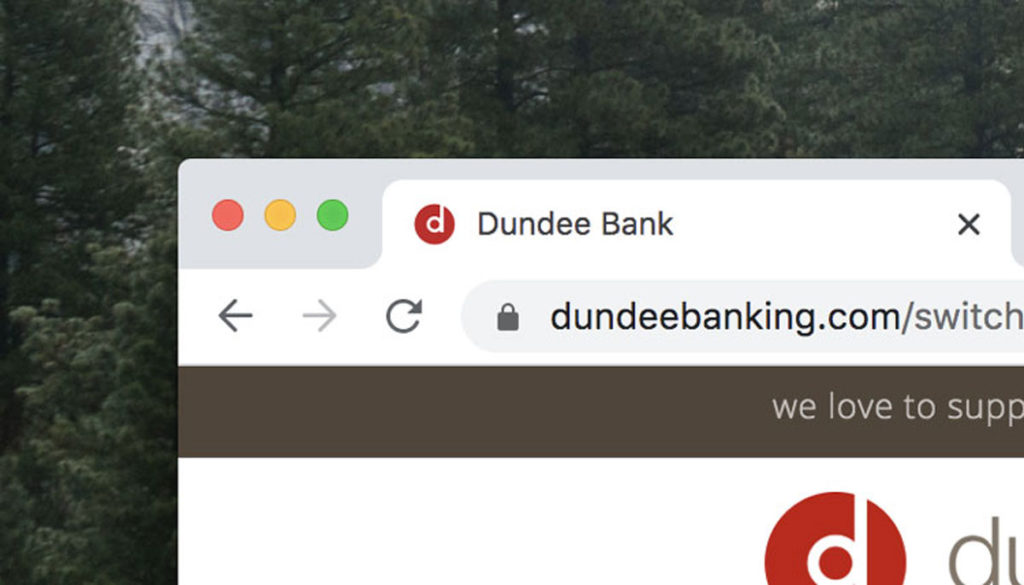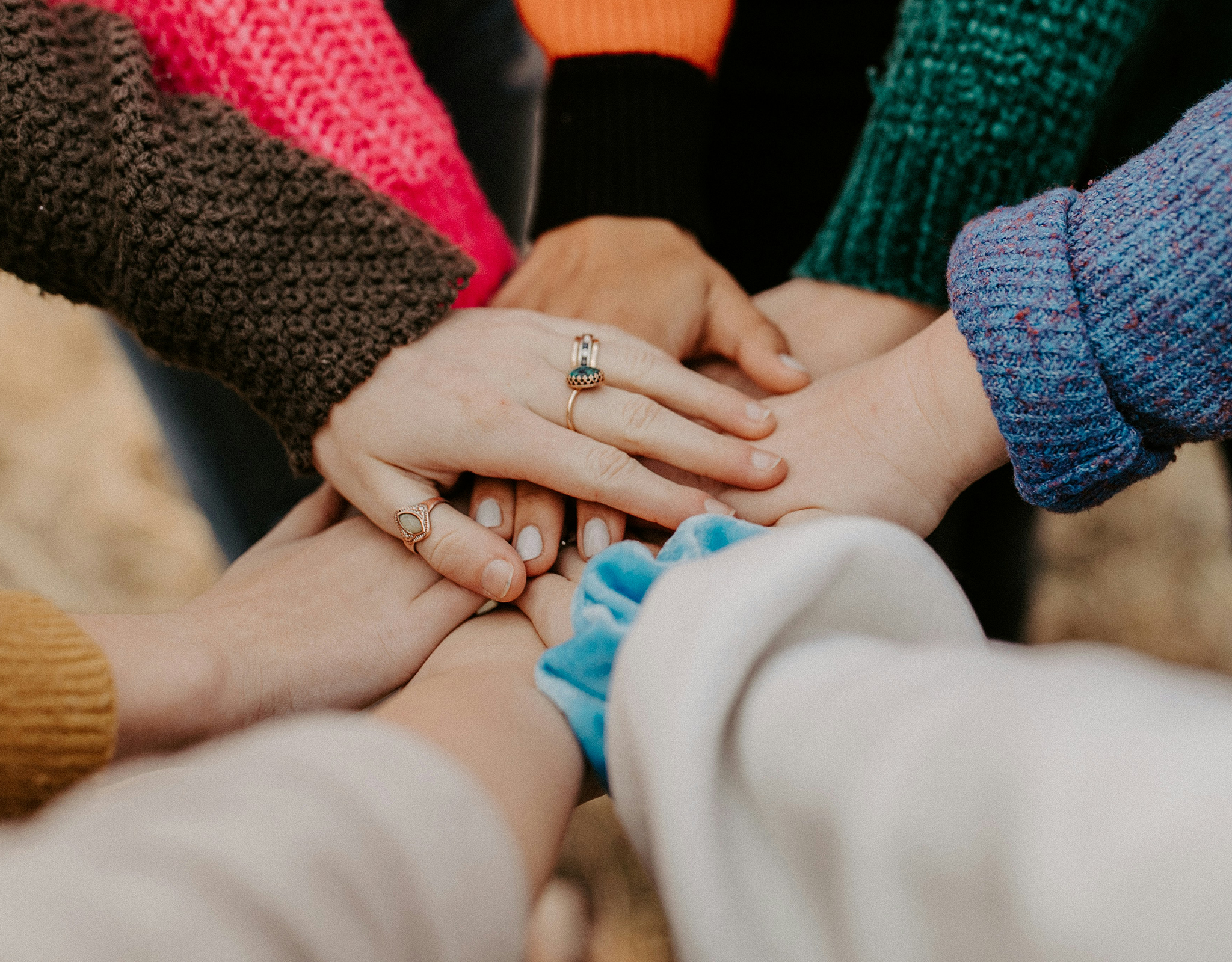Among the many stories you’ll find in the face of our current situation are thousands of tales of communities working together… from a distance. These stories are uplifting, and make this time of social distancing feel a little cozier, reminding us that we are never truly alone. From grocery deliveries to communities sourcing diapers and food for families. As the dust settles, it leaves a clear picture of just how much we can trust and rely on our neighbors and friends.
It has also shined a light on those who will use a low point in world history to take advantage of people, leaving many vulnerable to fraud, misinformation, and scammers. Your Dundee Bank family wanted to take a moment and put together a few tips to help our neighbors avoid falling prey to predatory practices and scams.
Protect Your Personal Information
Nobody from your bank, credit agencies, or the United States Government will ever call or email and ask you for your personal information. Never reveal your personal information to an unknown source. If you receive a call from your bank informing you of suspicious or fraudulent activity and asking you to transfer money into a secure account, ask them what department they are in and then call the bank on your own. Find the number through a secure online source. If something is truly wrong with your account, the fraud department will be able to answer all of your questions securely when you’ve called a number you recognize.
Gone Phishing
With more of us working from home, e-learning, and functioning online in a way that is new to us, it opens infinite doors to malware infestation. The Cybersecurity and Infrastructure Security Agency is currently warning specifically against links and attachments directly related to the current COVID-19 crisis, as well as a standard warning against employment and free-money offers. Links and attachments to acquire at-home tests, boasting newly discovered cures and vaccines, and emails encouraging you to donate or invest in COVID-specific charities are targeting those desperate for answers in an uncertain time. Clicking on them can leave your computer vulnerable to malware.If you receive a link from what looks like your bank or credit card company, do not click links or call the number in the email. Instead, visit your trusted and secure site. Messages should be available there as well, and a trustworthy phone number will be listed.

Charity Clarity
There is no shortage of excellent causes looking for generous donors. There is also no shortage of illegitimate organizations trying to separate the big-hearted from their hard-earned money. Research any fund you’re considering donating to, ask questions, and know where your money is going. We can collectively do a lot of good!
Quick Change Artists Go High Tech
If anyone asks you to deposit a check into your account only to forward a percentage back to them, is in the process of robbing you. A fraudulent check can be cut to you in an exorbitant amount, and the scammer is only asking for half of it back. There is usually a clever back story about a sick parent or inability to qualify for a bank account of their own, and who couldn’t use some free money? But the check is soon discovered to be fraudulent and you’re on the hook for the entire amount… plus fees. Refuse any transfers you don’t recognize, and never accept checks from someone you don’t know and trust. It isn’t worth the risk, so just say no!
Under Lock and Key
With more of us working from home, e-learning, and functioning online in a way that is new to us, it opens infinite doors to malware infestation. The Cybersecurity and Infrastructure Security Agency is currently warning specifically against links and attachments directly related to the current COVID-19 crisis, as well as a standard warning against employment and free-money offers. Links and attachments to acquire at-home tests, boasting newly discovered cures and vaccines, and emails encouraging you to donate or invest in COVID-specific charities are targeting those desperate for answers in an uncertain time. Clicking on them can leave your computer vulnerable to malware. If you receive a link from what looks like your bank or credit card company, do not click links or call the number in the email. Instead, visit your trusted and secure site. Messages should be available there as well, and a trustworthy phone number will be listed.
There is no shortage of excellent causes looking for generous donors. There is also no shortage of illegitimate organizations trying to separate the big-hearted from their hard-earned money. Research any fund you’re considering donating to, ask questions, and know where your money is going. We can collectively do a lot of good!

Secure sites will all have a universal padlock icon at the beginning of the URL. Never input any personal information into a site without a secure URL.
We are hoping to see you back in our locations soon! Until then, you have easy access to your accounts through online banking and our mobile app. You can make deposits, transfers and payments from anywhere. You can also reach us at 402-504-4000. We are here to serve you. Thank you for keeping our community safe! See you soon!




